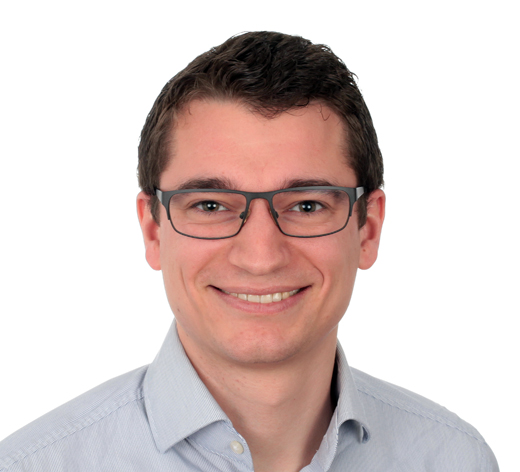Louis Strang
Research
Publications
Concentration Bias in Intertemporal Choice
with Markus Dertwinkel-Kalt, Holger Gerhardt, Gerhard Riener, and Frederik Schwerter
The Review of Economic Studies, 2022, Vol. 89(3): 1314–1334
[abstract]
[pdf]
[WP Version]
Many intertemporal trade-offs are unbalanced: while the advantages of options are concentrated in a few periods, the disadvantages are dispersed over numerous periods. We provide novel experimental evidence for “concentration bias”, the tendency to overweight advantages that are concentrated in time. Subjects commit to too much overtime work that is dispersed over multiple days in exchange for a bonus that is concentrated in time: concentration bias increases subjects’ willingness to work by 22.4% beyond what standard discounting models could account for. In additional conditions and a complementary experiment involving monetary payments, we study the mechanisms behind concentration bias and demonstrate the robustness of our findings.
Image concerns and the dynamics of prosocial behavior
with Jana Hofmeier
Frontiers in Behavioral Economics, 2023, Vol. 2
[abstract]
[pdf]
Past experimental studies have documented a positive effect of observability on prosocial behavior. However, little is known about spillover effects on subsequent, unobserved prosocial actions. This paper studies the dynamic effect of observability on prosocial behavior. We hypothesize a twofold positive effect. First, in accordance with previous literature, people should act more prosocially when being observed. Second, this increased level of prosociality should motivate an ongoing elevated altruistic attitude, in accordance with the concept of altruistic capital formation. We test our predictions by running two experiments in which subjects make a first donation decision either observably or anonymously. Subsequently, all subjects face a second anonymous donation decision. In general, we observe high rates of altruistic behavior. However, we find only weak positive effects of observability on first-stage prosocial behavior and no effects on second-stage prosocial behavior.
(Not) Everyone Can Be a Winner – The Role of Payoff Interdependence for Redistribution
with Sebastian Schaube
Journal of Public Economics, 2025, Vol. 243
[abstract]
[pdf]
Frequently, one person’s success comes at the expense of others. We contrast such zero-sum environments in which individuals’ payoffs are interdependent to those where payoffs are independent. In a laboratory experiment, we study whether the resulting inequality is perceived differently and how this affects redistribution. Across treatments, we compare a spectator’s redistribution of two workers’ earnings. If workers do not compete in a zero-sum setting, average redistribution decreases. In a representative survey, we replicate this finding and document that individuals who believe in a zero-sum world support higher levels of redistribution and are more likely to consider themselves a member of the Democratic party.
The Effect of Task (Mis)Matching and Self-Selection on Intrinsic Motivation and Performance
with Timo Freyer, Jonas Radbruch, and Sebastian Schaube
Journal of Economic Behavior and Organization, 2025, Vol. 234
[abstract]
[pdf]
This paper investigates how the self-selection of tasks affects worker performance. Specifically, it investigates the impact of aligning tasks with workers’ preferences and the effect of providing workers with greater autonomy in choosing their tasks. To answer these questions, we conducted an online experiment in which participants engaged in one of two real-effort tasks. We exogenously varied whether participants were either randomly assigned their preferred or non-preferred task, or if they had the opportunity to actively self-select their task. The results show that participants who were randomly assigned their preferred task or self-selected a task increased their output by about 25%–42% of a standard deviation compared to those who were assigned their non-preferred task. This increase in output is linked to both enhanced productivity and extended time spent working on the task. In essence, our results underscore that workers’ performance depends crucially on whether they work on their preferred task. Importantly, our results also document that granting workers decision autonomy in task selection reinforces the performance increase.
Current Research
Delegation and Skill Signaling in Financial Investment
with Fabian Hoffmann (draft available soon)
Upholding a Good Image: Selective Country Comparisons in the Media
with Gönül Doğan and Lara Berger (work in progress)
Do News Shape Authoritarian Preferences?
with Gönül Doğan (work in progress)
